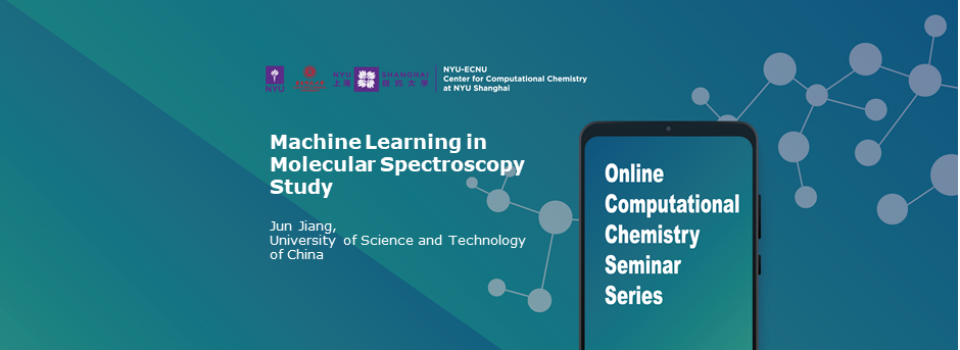
Abstract
Optical-spectroscopy provides powerful tools for deciphering molecular structures, configuration evolutions, as well as structure-property relationships. While theoretical analysis of spectroscopic signals for connecting them to structure/activity details is a challenging task. The intrinsic complexity of molecular systems and their photo-responses makes it difficult to correlate spectral characteristics with the underlying molecular structure and dynamics.
Herein, we have developed data-driven machine learning (ML) protocols that can predict infrared (IR), ultraviolet/visible (UV/Vis) and Raman spectra of molecule systems with 3 to 5 orders of magnitude reduced computation cost compared to direct quantum chemistry calculations. A convolutional neural network (CNN) model was trained and tested on a dataset consisting 87993 spectra computed from protein peptide segments with α-helical, β-sheet, and other typical secondary structures. The secondary structure classification accuracy reached near 100% and over 98.7% on spectra sets of new segments extracted from the same and homologous proteins, respectively. Importantly, we demonstrate the ML protocol to realize cost-effective relations between spectra, structure, and chemical properties, i.e. spectra determination/prediction from structural information, and configuration or chemical properties determination/recognition from spectroscopic signals.
Biography
Jun Jiang is a professor at Hefei National Laboratory for Physical Sciences at the Microscale, University of Science and Technology of China (USTC). He received a B.S. degree in Theoretical Physics in 2000 at Wuhan University, China, a Ph.D. degree in Theoretical Chemistry under the tutelage of Prof. Yi Luo in 2007 at Royal Institute of Technology, Sweden. From 2008 to 2011, he worked as Post-doc at Royal Institute of Technology, Sweden and University of California Irvine under the tutelage of Prof. Shaul Mukamel. He joined the University of Science and Technology of China in December, 2011 as a Professor in Physical Chemistry. Dr. Jiang’s research interests focus on the development and application of multi-scale modeling methods and machine learning techniques, in the study of charge kinetics in complex system. He targets on a wide range of physics or chemistry applications such as Photocatalysis, Biochemistry, Photochemistry, Molecular electronics and photonics. He has published more than 120 papers in prestigious journals including Nature Energy, J. Am. Chem. Soc., Angew. Chem. Int. Ed. Dr. Jiang is a recipient of the “National Science Fund for Distinguished Young Scholars in China”, “Young Theoretical Chemistry Investigator Award of Chinese Chemistry Society”, “Distinguished Lectureship Award of the Chemical Society of Japan 2020”.
Seminar Series by the NYU-ECNU Center for Computational Chemistry at NYU Shanghai


